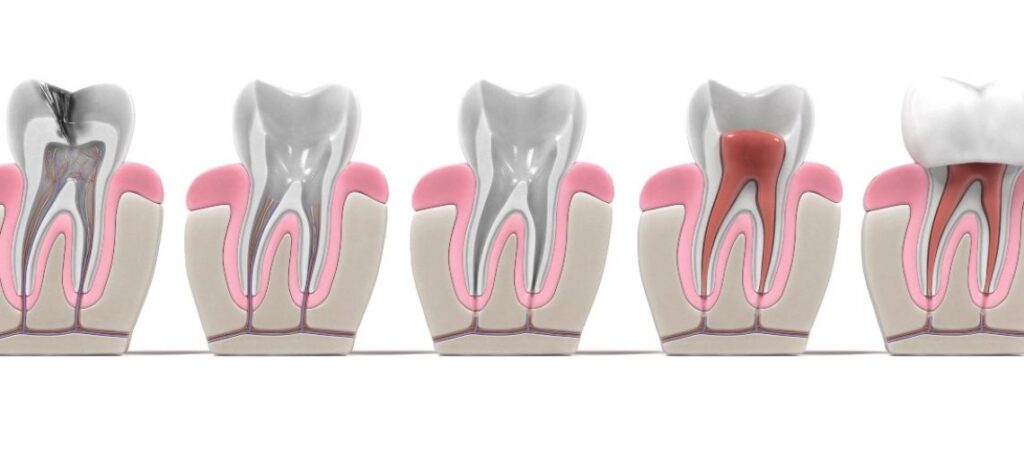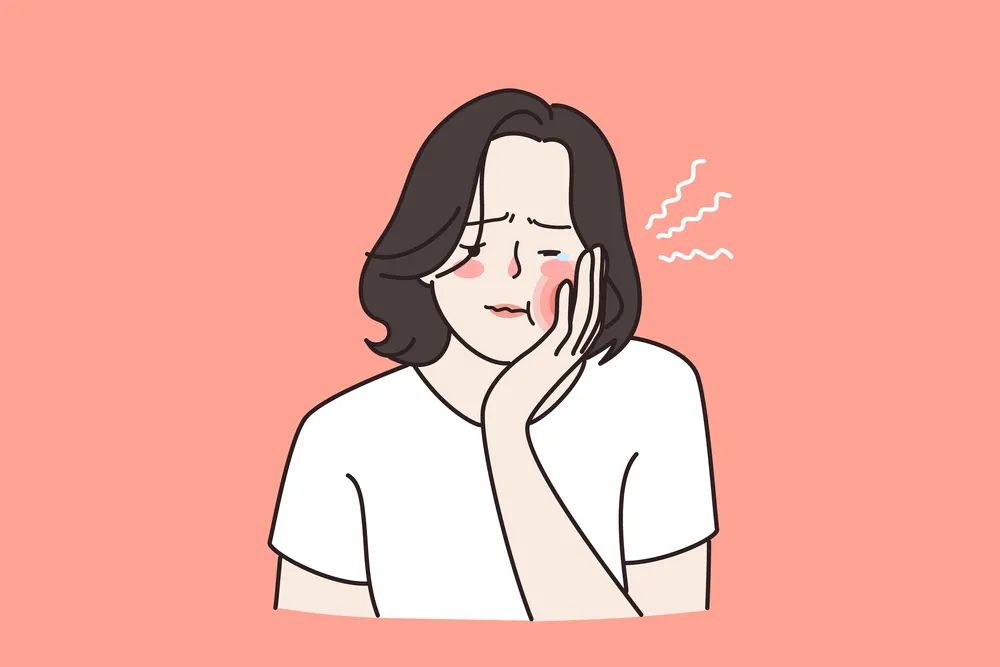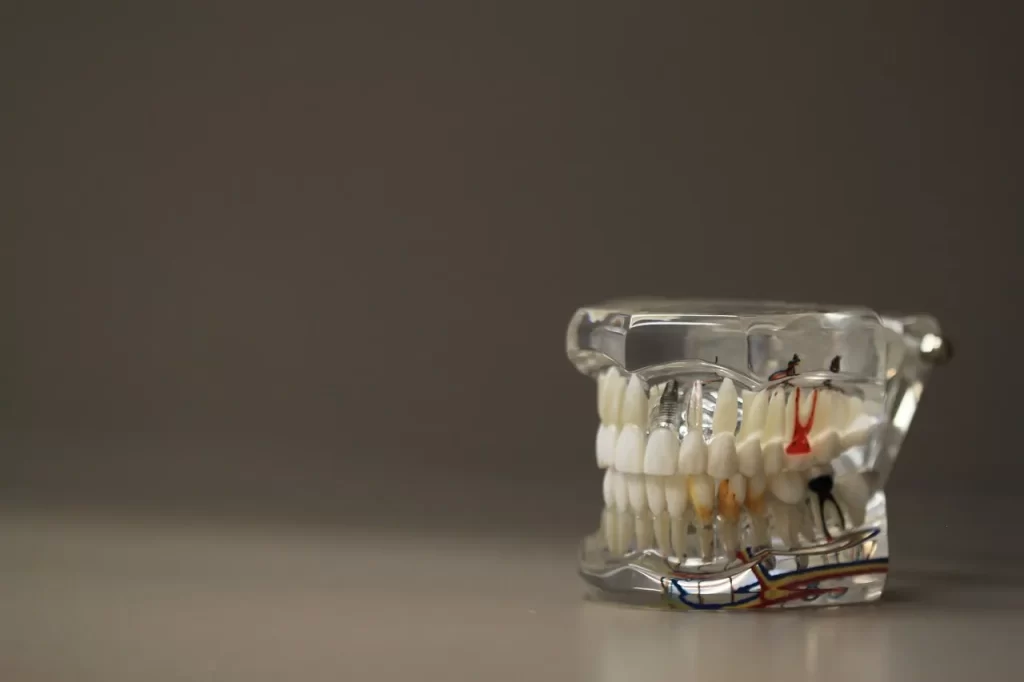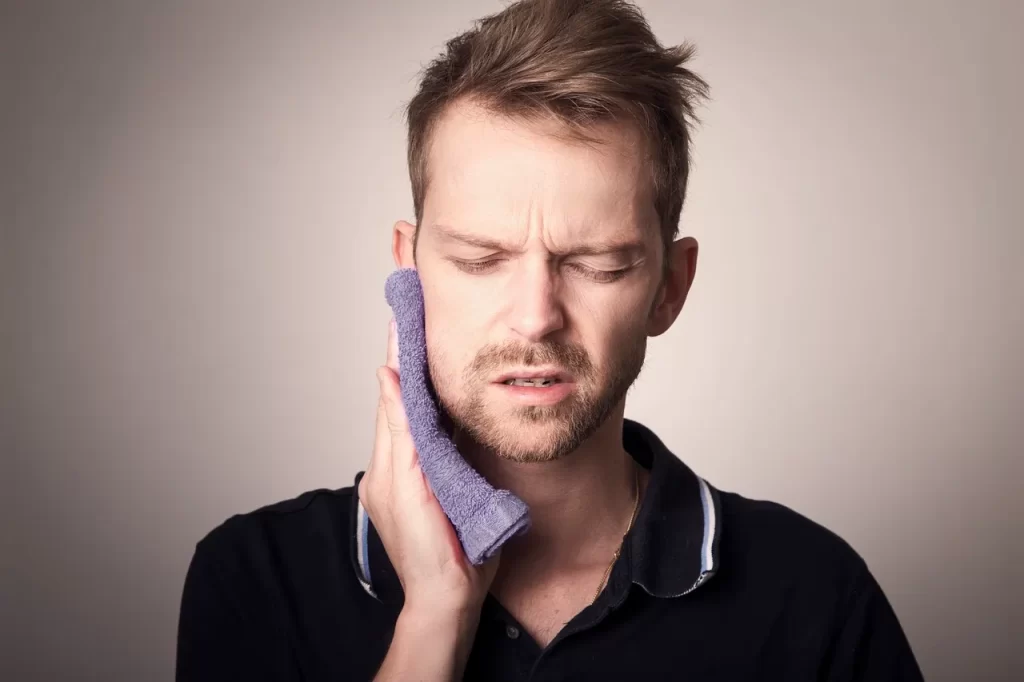
A root canal is a standard dental procedure for treating an infected or damaged tooth. During the process, the infected or damaged pulp inside the tooth is removed, and the tooth is cleaned and sealed. While a root canal is typically a successful procedure, proper aftercare is crucial to ensure healing and prevent complications. But Can you smoke after a root canal?
One important aspect of aftercare is avoiding smoking, which can hurt healing. Smoking can also stain the teeth and cause bad breath, which can be particularly concerning after a dental procedure.
No, it is not recommended to smoke immediately after a root canal procedure. Smoking can delay the healing process and increase the risk of complications. It is essential to follow the aftercare instructions provided by your dentist to ensure proper healing and minimize any potential risks.
Can you smoke after a root canal? How long should you wait?
Smoking after a root canal can negatively affect healing and increase the risk of complications. Therefore, waiting until the affected area has had enough time to heal before smoking again is essential.
To ensure a successful recovery after a root canal procedure, it is crucial to refrain from smoking for some time. Typically, a root canal can take anywhere from a few days to two weeks to completely heal, and during this time, it is strongly advised to avoid smoking.
During this time, following your dentist’s instructions carefully and avoiding smoking or using tobacco products is essential. This waiting period gives the tooth enough time to heal and reduces the risk of complications such as dry sockets and infection.
It is best to wait at least 72 hours after a root canal before smoking again. However, quitting smoking altogether or reducing smoking frequency can promote overall oral health and prevent the need for future dental procedures.

How Smoking Negatively Affects Root Canal Healing
The chemicals in tobacco smoke can reduce blood flow to the affected area, slowing down the healing process and increasing the risk of complications such as infection and dry sockets.
It weakens the immune system, making it harder for the body to fight infections. This can be especially problematic after dental procedures like root canals, with an increased risk of bacteria entering the bloodstream.
It can cause dry mouth, affecting saliva production and making it more difficult for the body to flush out bacteria and debris from the affected area. This can create an environment more conducive to bacterial growth and increase the risk of infection.
It can also interfere with the body’s ability to absorb essential nutrients necessary for healing. This can further delay the recovery process and increase the likelihood of complications.
By quitting smoking, you can improve your overall health, reduce your risk of dental problems, and ensure a successful recovery after dental procedures like root canals.

Smoking & Dental Problems
Smoking is a significant risk factor for a wide range of health problems, including many types of cancer, respiratory diseases, and heart disease. However, many people do not realize that smoking can also significantly impact oral health and increase the risk of dental problems.
One of the most common dental problems associated with smoking is gum disease, caused by bacteria that collect in the pockets between the teeth and gums. Smoking weakens the immune system, making it harder for the body to fight off these bacteria and increasing the risk of gum disease. In addition, smoking can reduce blood flow to the gums, further increasing the risk of infection and inflammation.
It can also lead to tooth discoloration and bad breath, which can be challenging to treat. In addition, smoking can cause dry mouth, which can increase the risk of cavities and other dental problems.
Another common dental problem associated with smoking is oral cancer. Smoking is one of the most significant risk factors for oral cancer, which can affect the lips, tongue, mouth, and throat. The risk of oral cancer increases with the amount and duration of smoking, and quitting smoking can significantly reduce the risk of developing this condition.

Tips for avid smokers
Several alternatives can be used after a root canal procedure for an avid smoker who is unable or unwilling to quit smoking altogether. Here are some options:
- Nicotine replacement therapy: Gum, patches, inhalers, or lozenges containing nicotine can help manage nicotine cravings and reduce the need to smoke.
- Nicotine-free e-cigarettes: E-cigarettes that do not contain nicotine can be used as an alternative to traditional cigarettes.
- Chewing gum or mints: Sugar-free gum or mints can freshen your breath and reduce the need to smoke.
- Herbal cigarettes: These contain herbs and other plant materials and are nicotine-free. However, they still contain harmful chemicals and should be used cautiously.
Disclaimer: It is important to note that even nicotine replacement therapy and nicotine-free e-cigarettes should be used sparingly and under the guidance of a healthcare professional. Quitting or reducing smoking frequency is best to promote optimal healing and maintain good oral health.

FAQs
Conclusion
In summary, smoking after a root canal can hinder the healing process and increase the risk of complications. As mentioned above, dentists recommend waiting at least 48 to 72 hours before smoking again. By making positive changes to your lifestyle, you can ensure a successful recovery and maintain optimal oral health. So, it’s important to prioritize your health and avoid smoking after a root canal.

